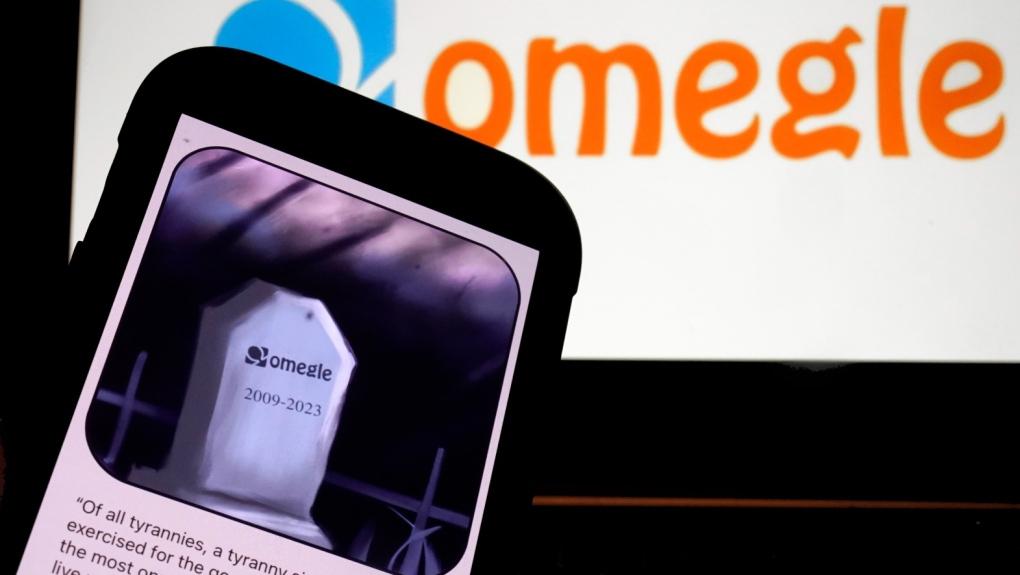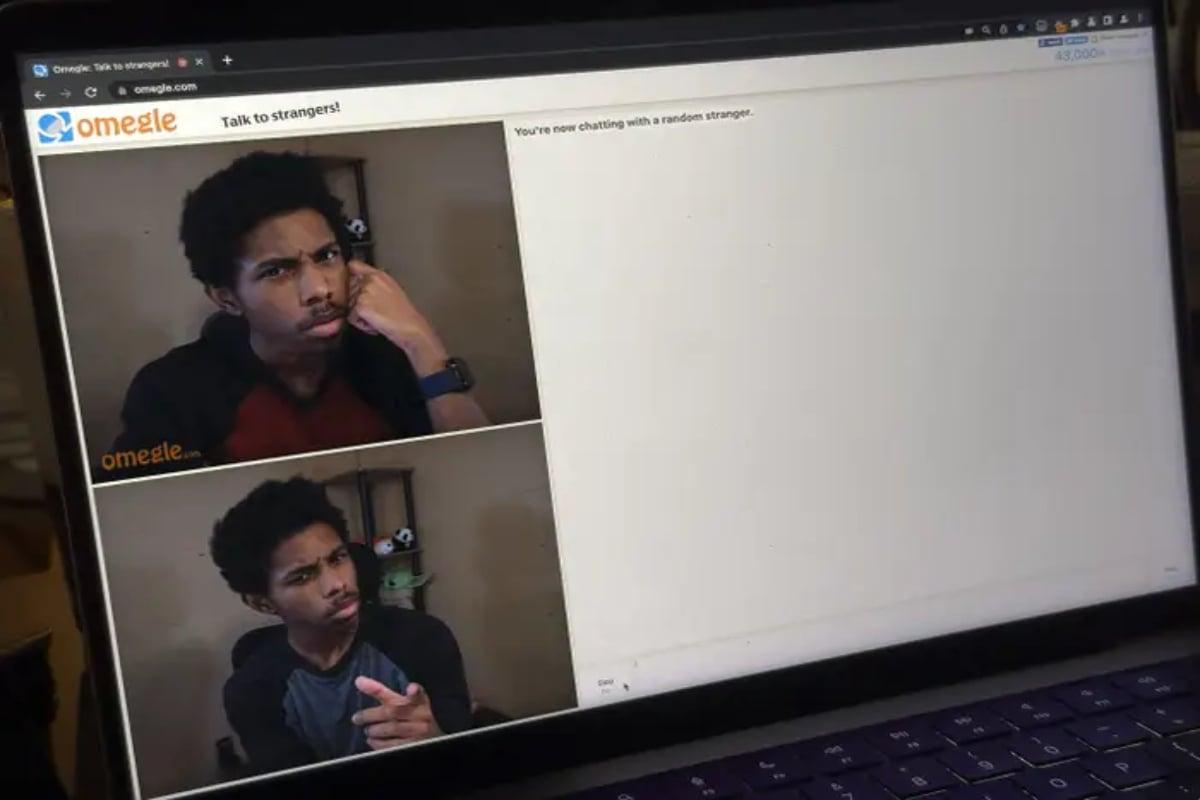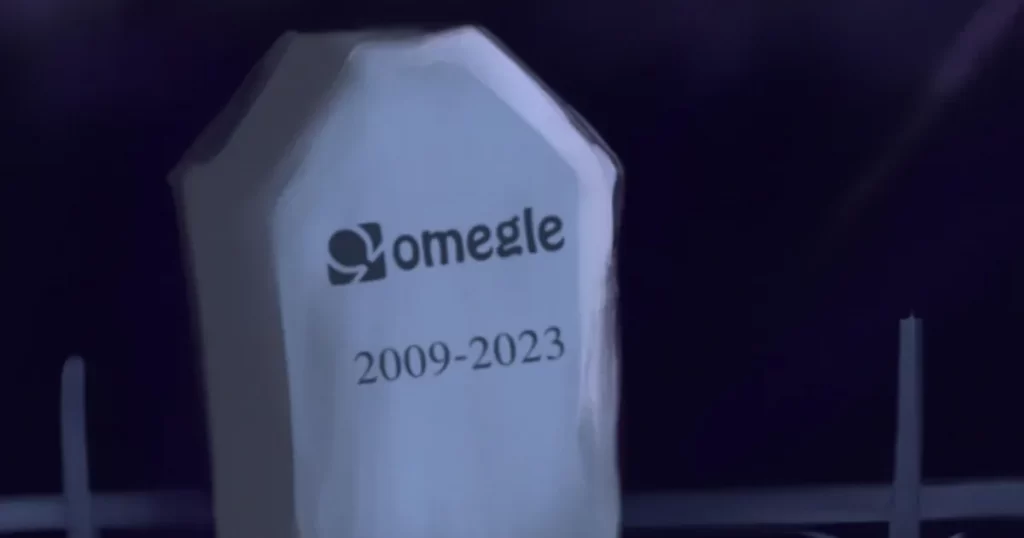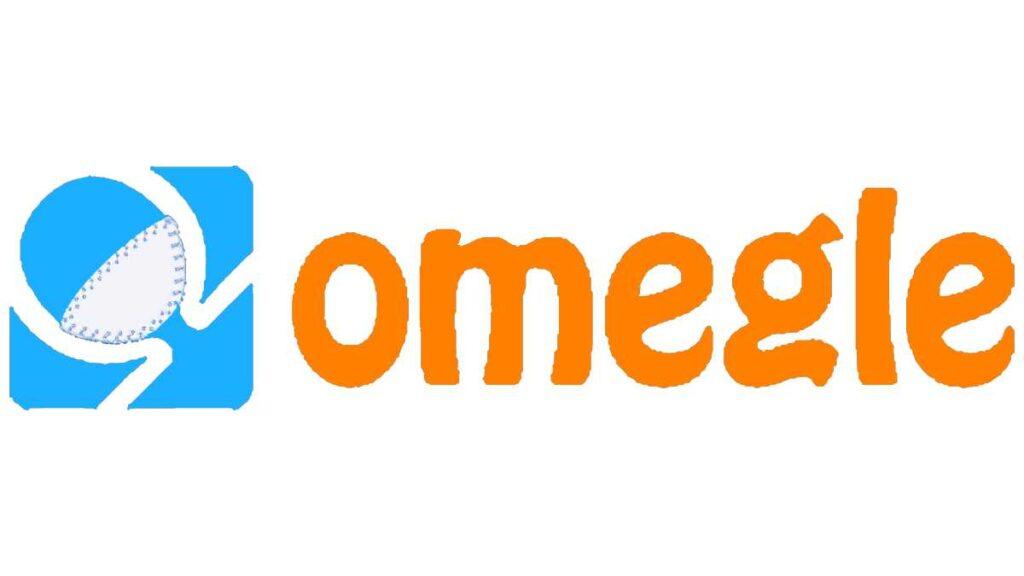
Omegle, an interactive video chat platform, recently declared its intention to halt operations following a successful 14-year tenure. Leif K Brooks, the creator, cited challenges in financial and mental sustainability as the main drivers for this decision. Furthermore, instances of wrongdoing also played a part in the platform’s decline. Notably, apprehensions regarding the safety and security of the platform were raised after a situation where a young American alleged encountering an unknown person randomly.

Despite these hurdles, Omegle effectively nurtured a committed user community and integrated itself into popular networks like Instagram and TikTok to expand its influence. One of Omegle’s main attractions was its distinct feature of namelessness and the lack of mandatory registration, allowing users to engage with unfamiliar persons without disclosing personal details. This approach offered users a sense of liberty and exploration

In contrast to various other platforms, Omegle welcomed unpredictability through its impromptu pairing characteristic, introducing an element of exhilaration and astonishment to user interactions. The platform facilitated links with individuals from diverse regions worldwide, encouraging spontaneous meetings and lively discussions.

The decision to terminate Omegle highlights the intensified scrutiny confronted by social media platforms globally. The platform’s involvement in over 50 cases linked to the exploitation of minors in countries such as the UK, US, and Australia has drawn significant attention. Additionally, its exclusion from TikTok, following a 2021 BBC inquiry uncovering incidents of minors revealing themselves to strangers on Omegle, inflicted another notable setback on the platform.









